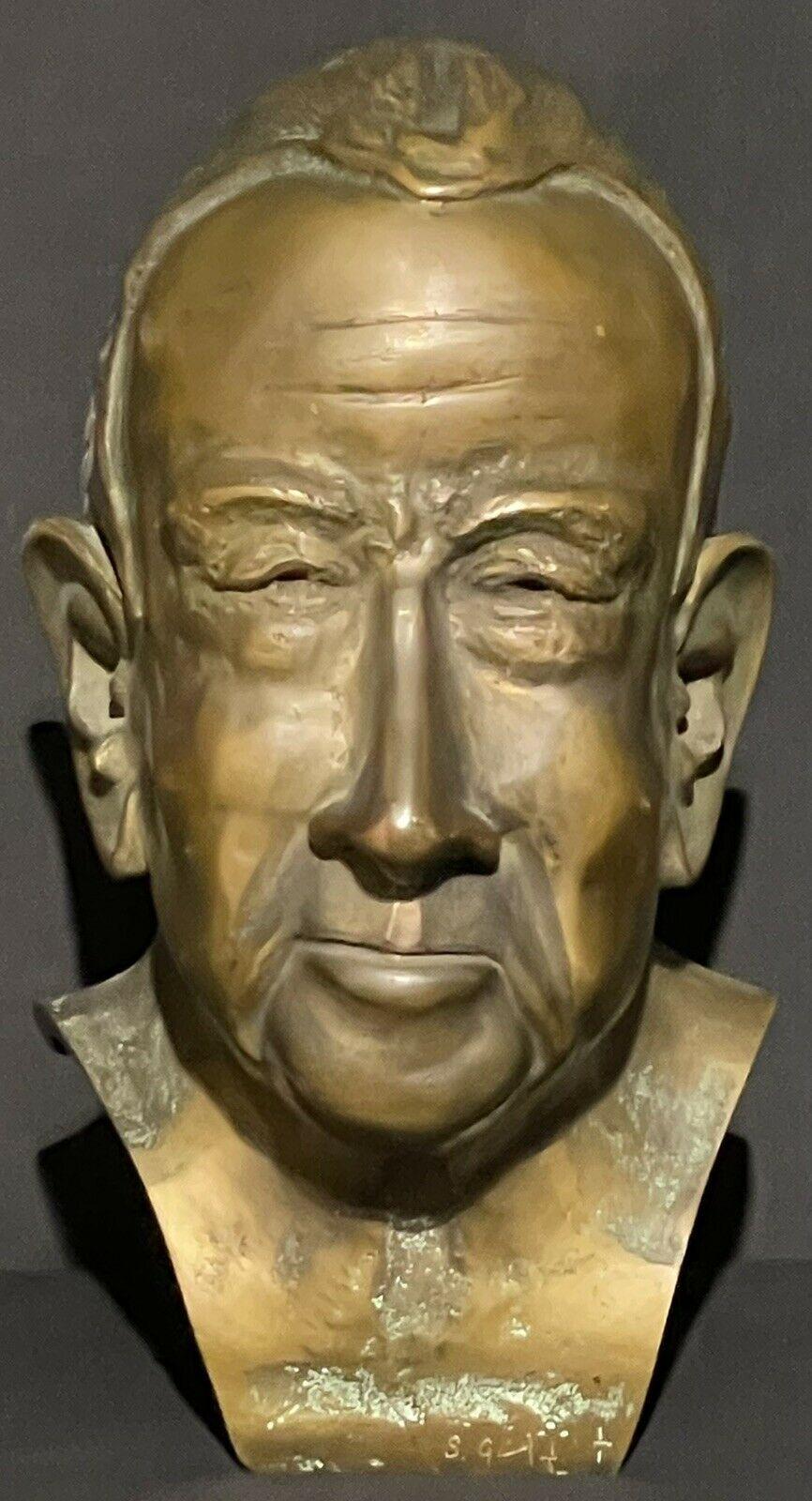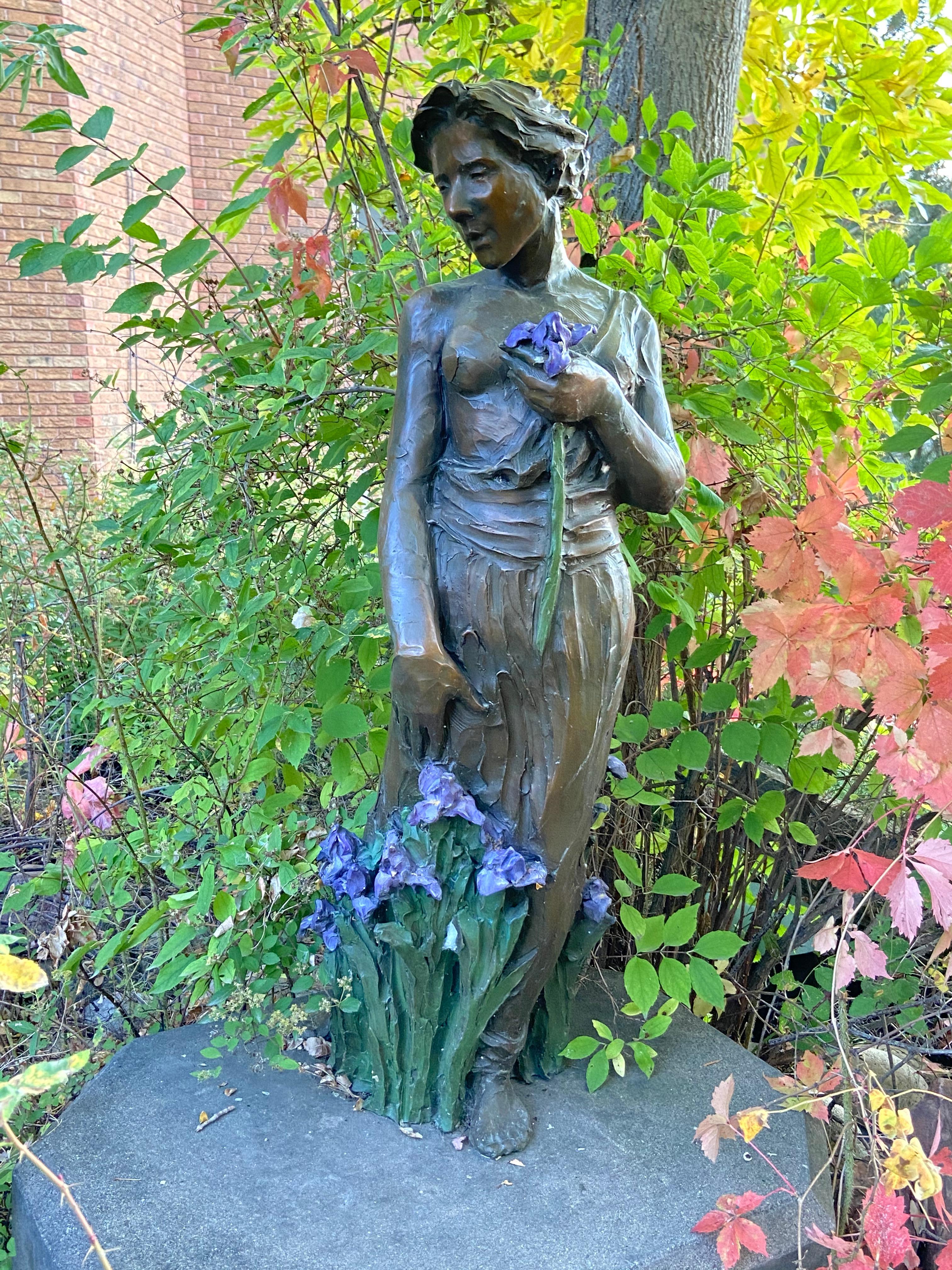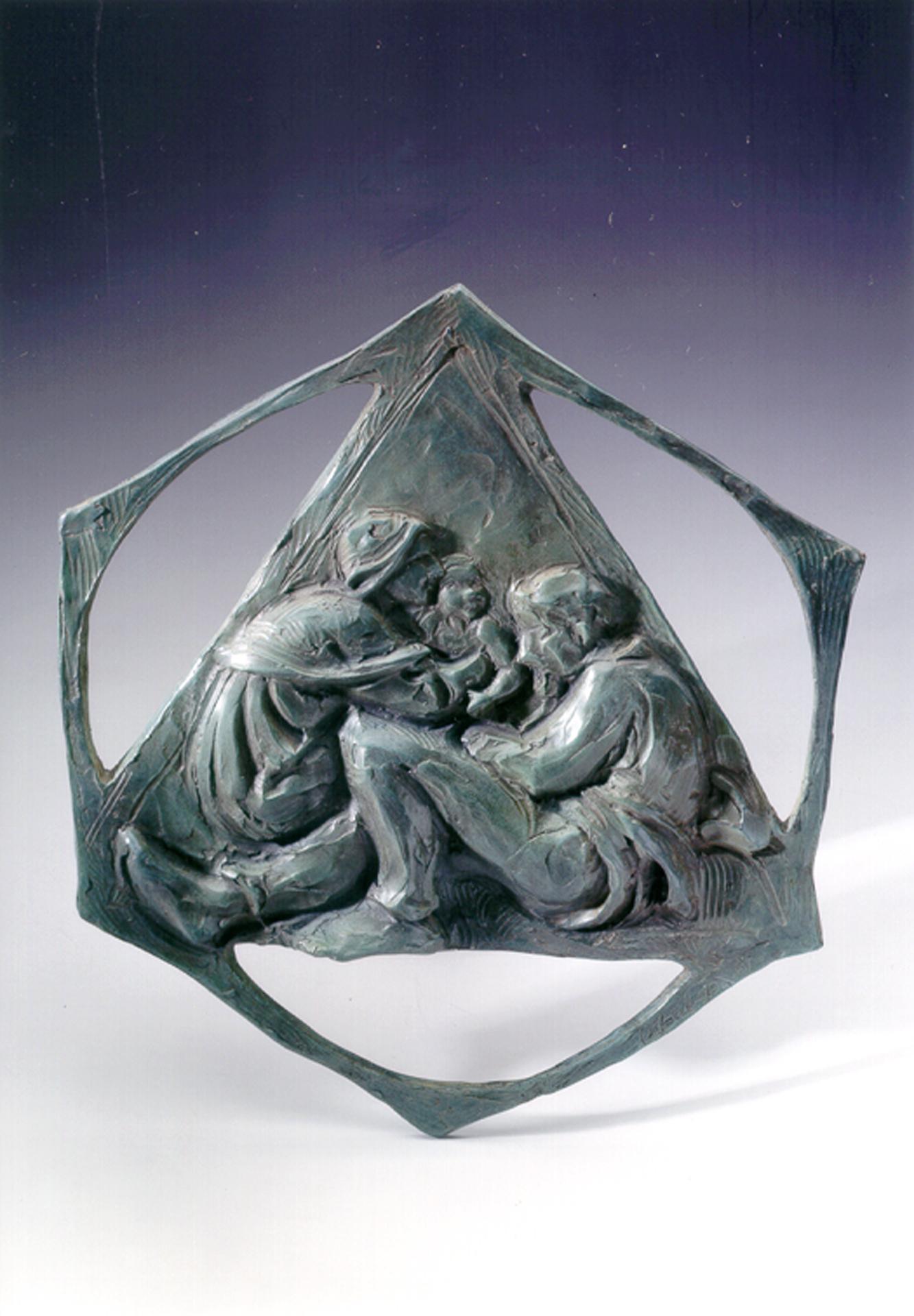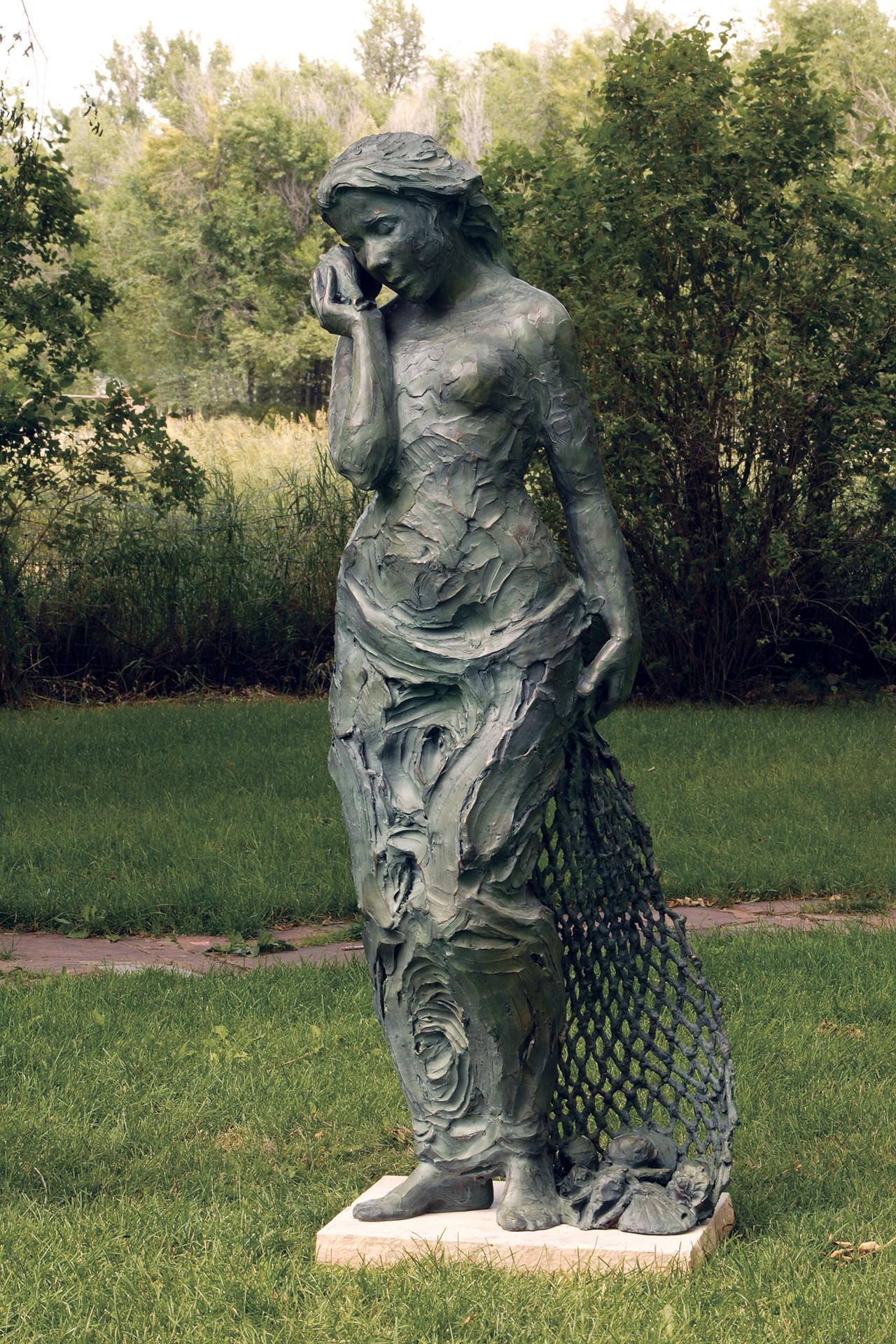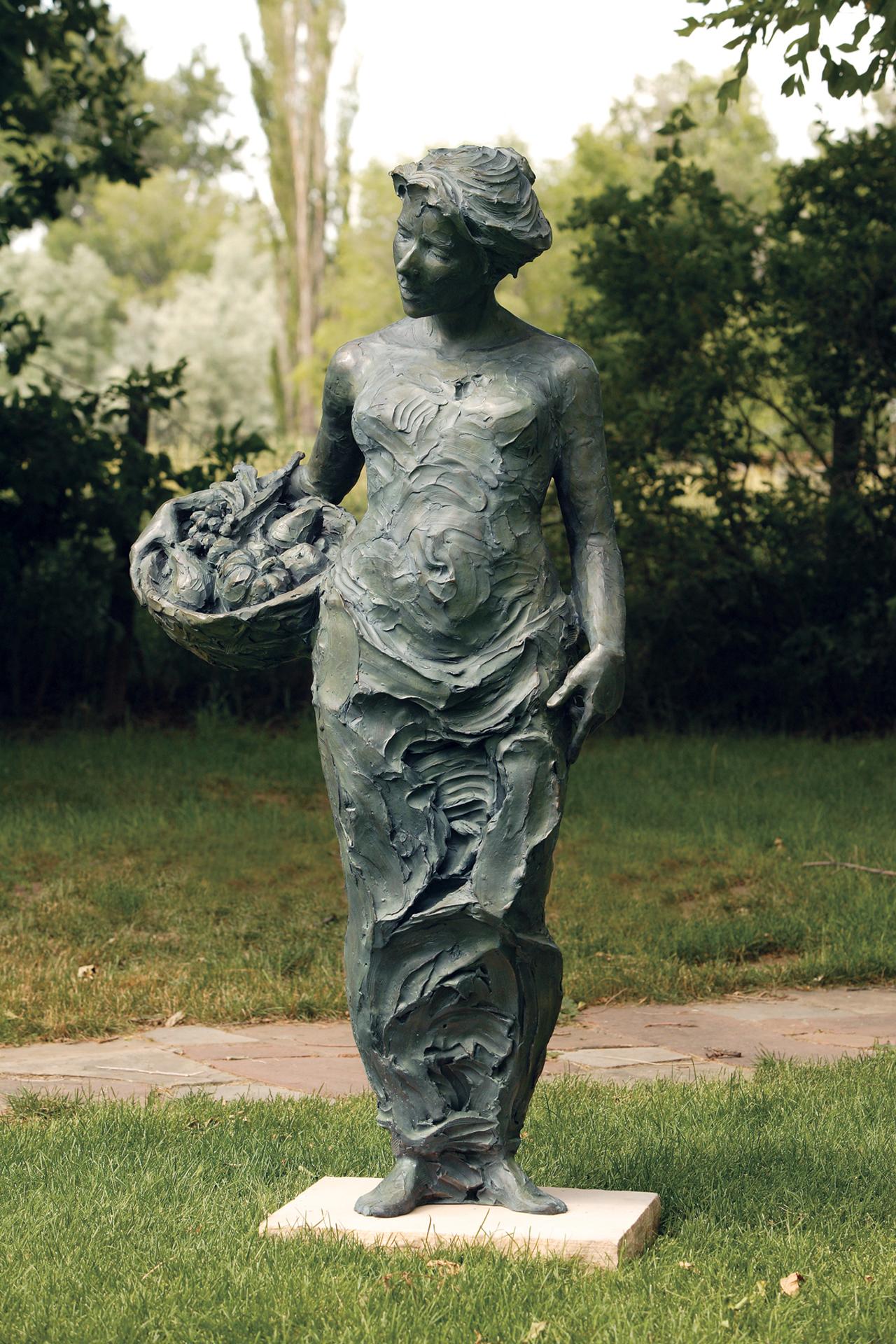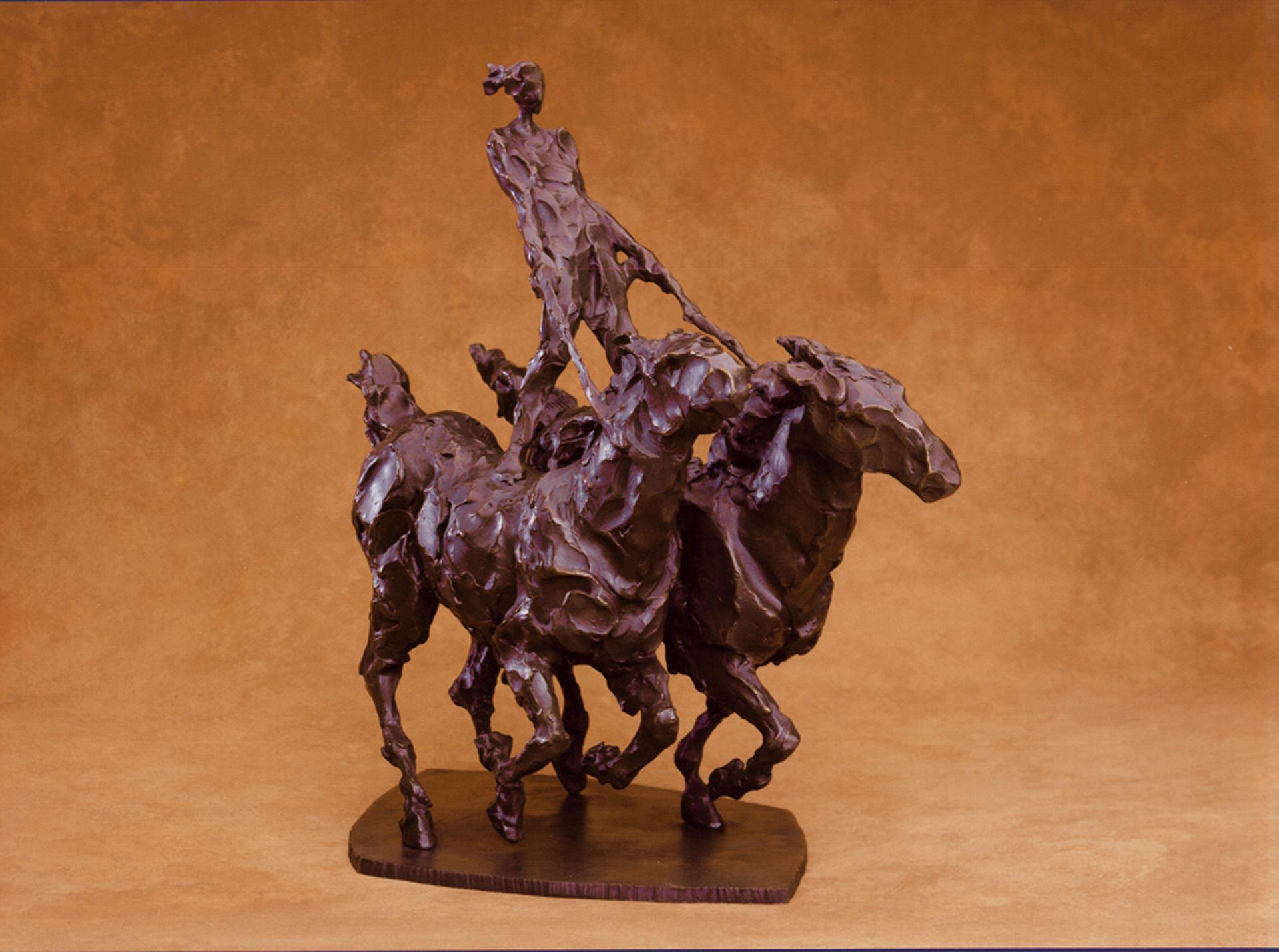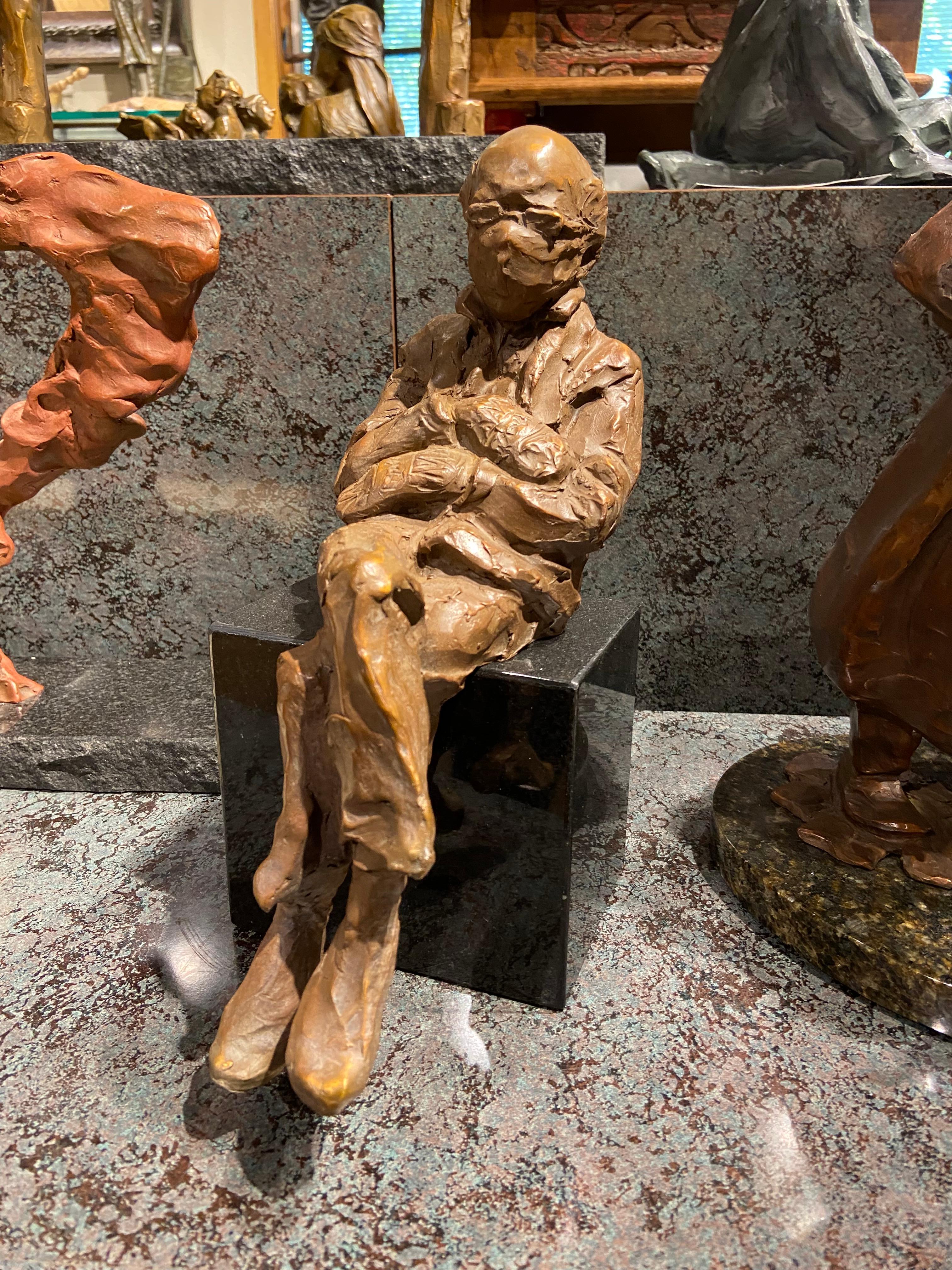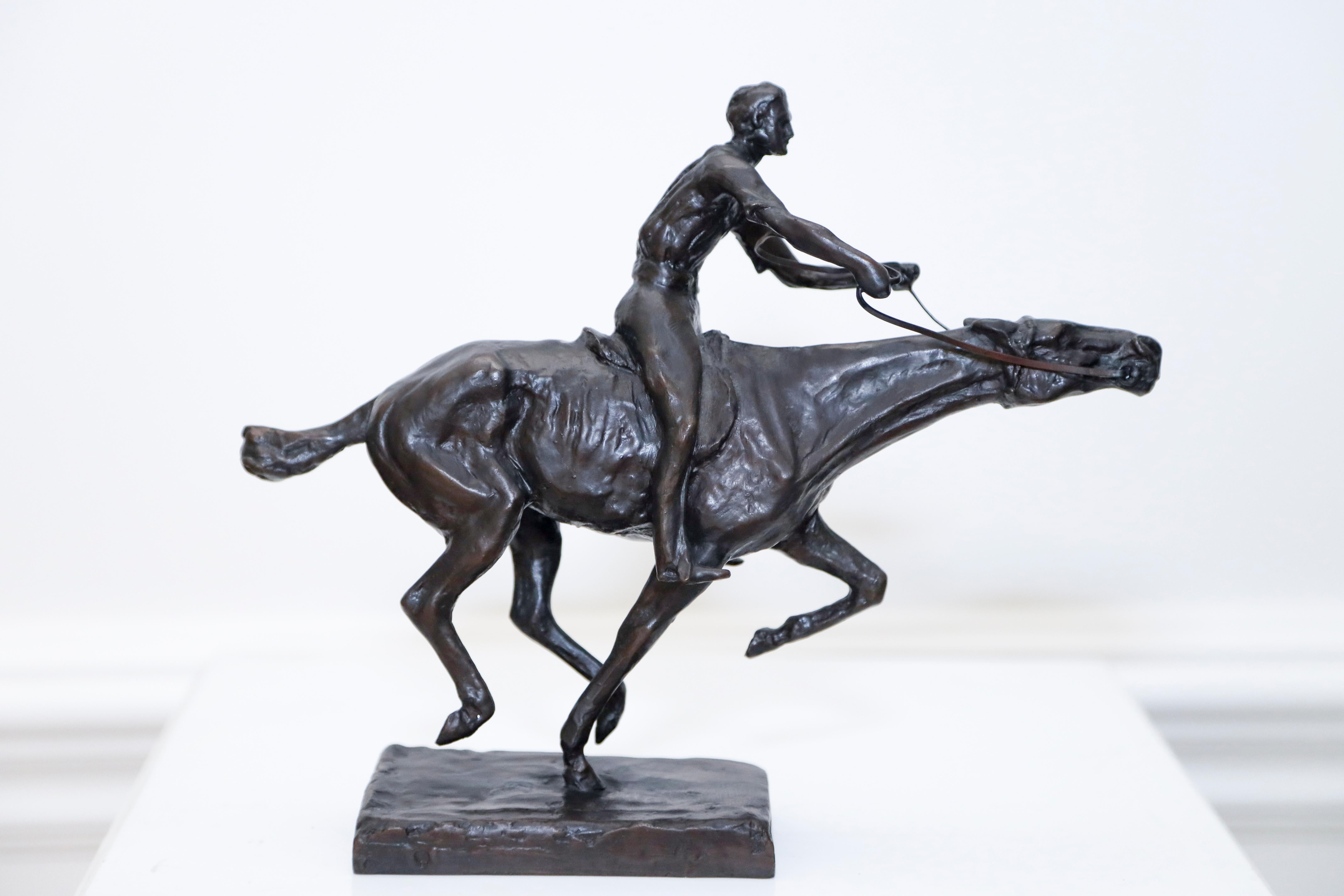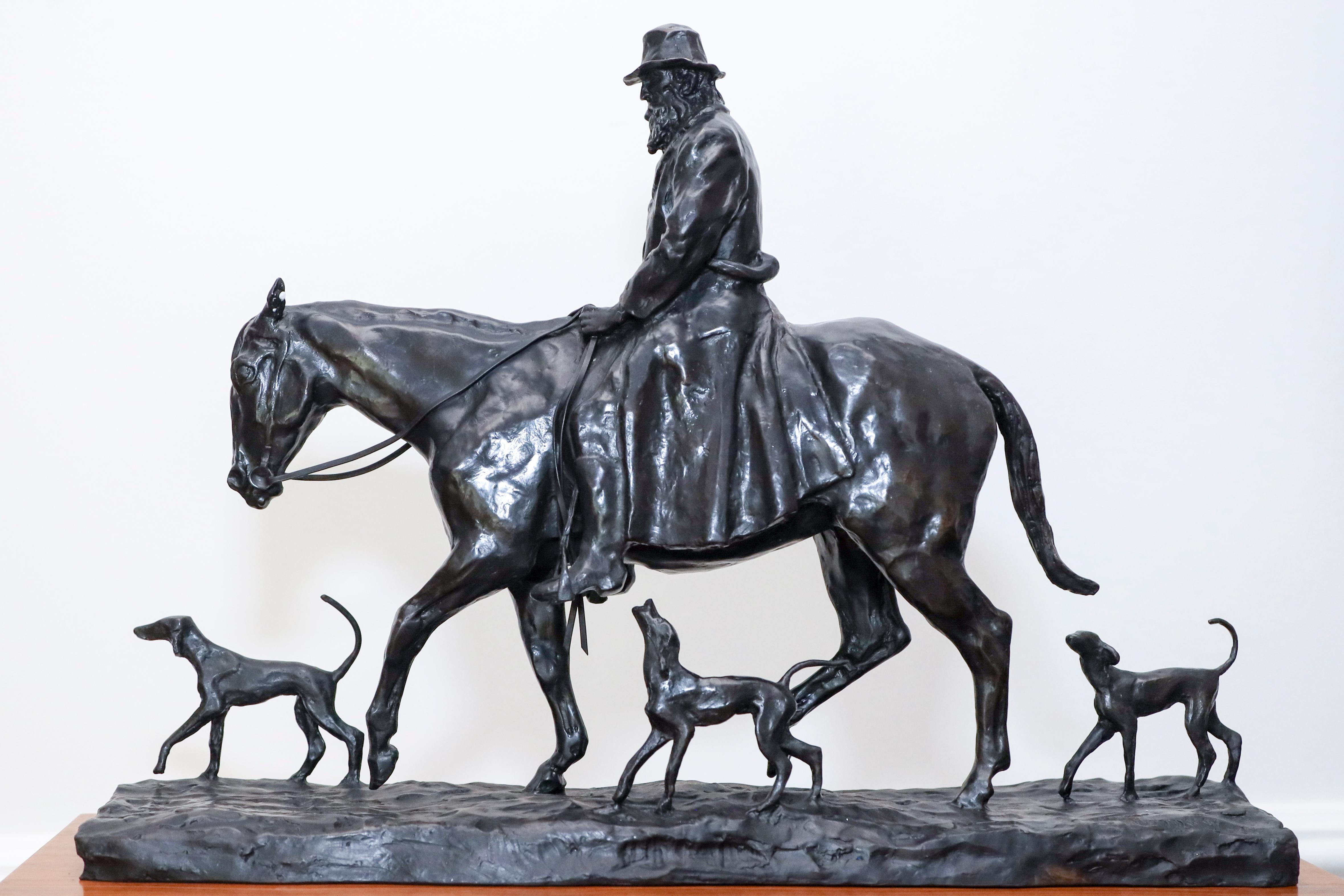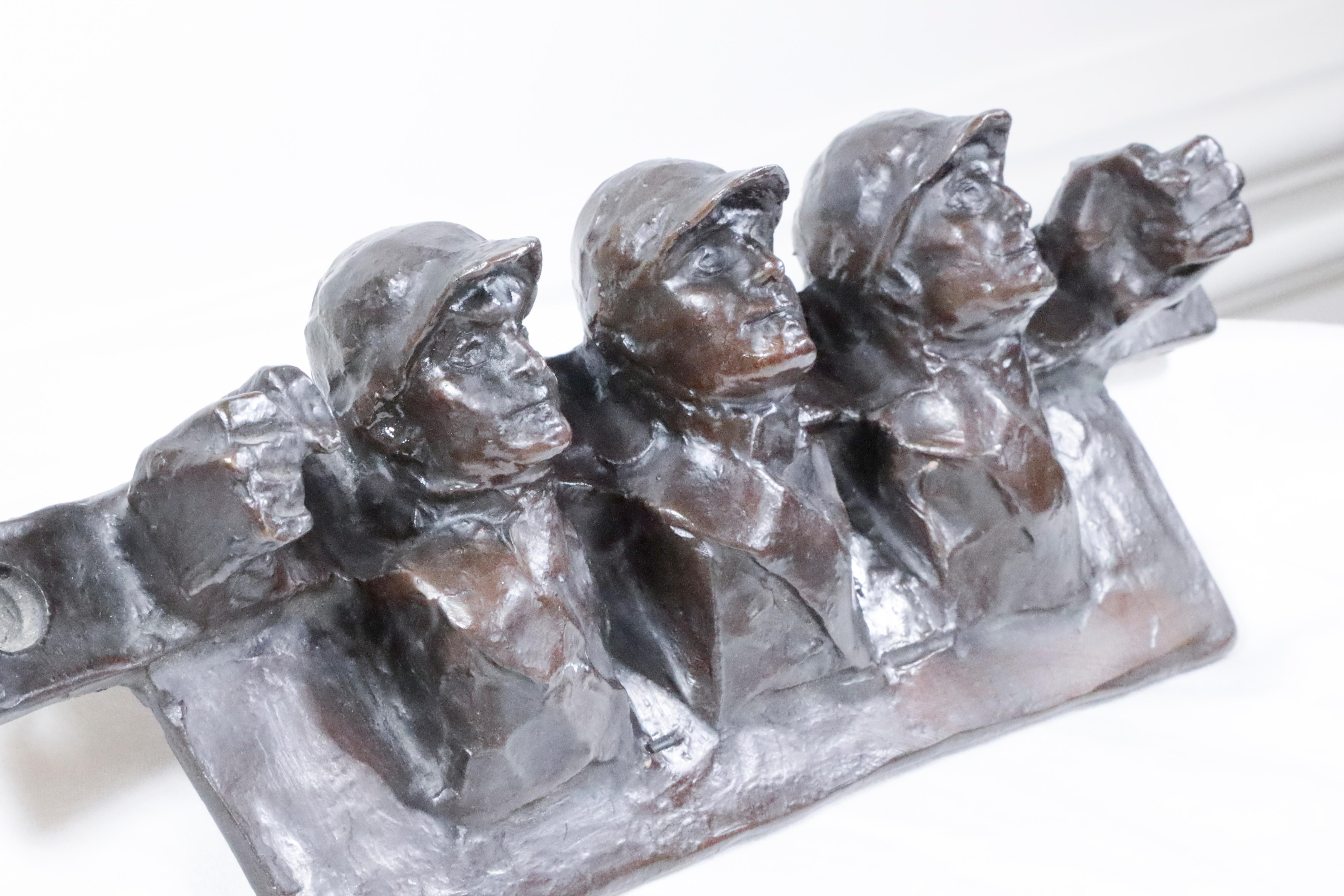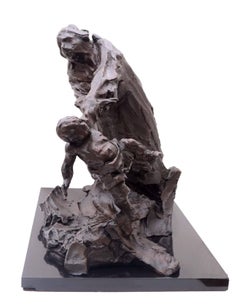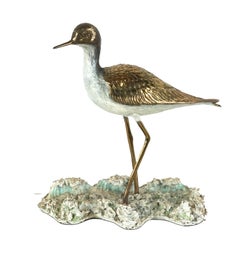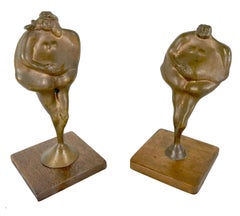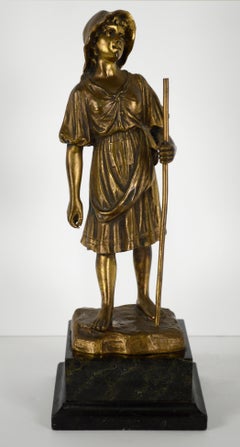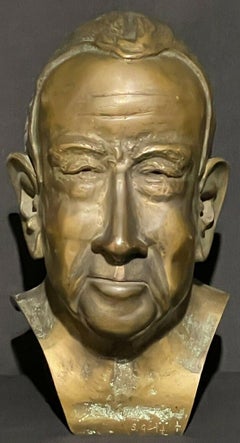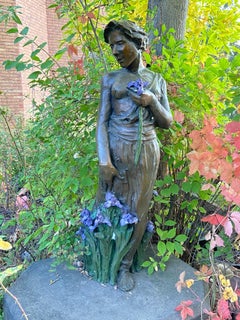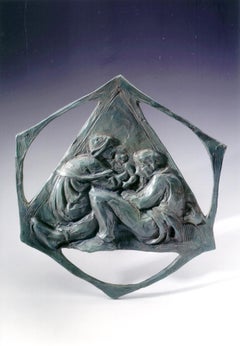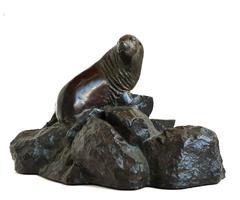
Seal Rock and Sea Lion
View Similar Items
Want more images or videos?
Request additional images or videos from the seller
1 of 11
Trent L. MeyerSeal Rock and Sea Lion1985
1985
Price:$800
$900List Price
About the Item
- Creator:Trent L. Meyer (1954, American)
- Creation Year:1985
- Dimensions:Height: 7 in (17.78 cm)Width: 10 in (25.4 cm)Depth: 11 in (27.94 cm)
- Medium:
- Movement & Style:
- Period:
- Condition:
- Gallery Location:Soquel, CA
- Reference Number:Seller: N45151stDibs: LU5421181133
About the Seller
5.0
Platinum Seller
Premium sellers with a 4.7+ rating and 24-hour response times
Established in 1986
1stDibs seller since 2014
2,943 sales on 1stDibs
Authenticity Guarantee
In the unlikely event there’s an issue with an item’s authenticity, contact us within 1 year for a full refund. DetailsMoney-Back Guarantee
If your item is not as described, is damaged in transit, or does not arrive, contact us within 7 days for a full refund. Details24-Hour Cancellation
You have a 24-hour grace period in which to reconsider your purchase, with no questions asked.Vetted Professional Sellers
Our world-class sellers must adhere to strict standards for service and quality, maintaining the integrity of our listings.Price-Match Guarantee
If you find that a seller listed the same item for a lower price elsewhere, we’ll match it.Trusted Global Delivery
Our best-in-class carrier network provides specialized shipping options worldwide, including custom delivery.More From This Seller
View AllMother & Child, Mid-Century Figural Brutalist Bronze Sculpture by Curt Beckmann
By Curt Beckmann
Located in Soquel, CA
Mother & Child, Mid-Century Figural Brutalist Bronze Sculpture by Curt Beckmann
Rare and evocative mid-century figural bronze sculpture of mother and fleeing young child by Curt Bec...
Category
1960s Abstract Impressionist Figurative Sculptures
Materials
Granite, Bronze
Bronze Sculpture -- California Shorebird in the Waves
By Doris Warner
Located in Soquel, CA
Modern Bronze and Ceramic Sculpture of Silt Sandpiper in Waves.
Beautiful bronze sculpture of iconic Californian Silt Sandpiper in the waves by Doris Ann Warner (American, 1925-2010...
Category
1970s American Realist Figurative Sculptures
Materials
Bronze
$2,280 Sale Price
20% Off
Two Figures Bronze Sculptures Modernist style of Botero - Picasso
Located in Soquel, CA
Two Figures Bronze Sculptures Modernist style of Botero - Picasso
Bronze figurative Nude sculptures by San Francisco Bay Area artist Mike Evans (American, 20th-21st C.).
A Pensive m...
Category
1960s Abstract Impressionist Figurative Sculptures
Materials
Bronze
Early 20th Century Bronze Figure Sculpture, Shepherd Girl with Staff Statue
Located in Soquel, CA
Wonderful miniature bronze cast figurative sculpture of a young barefoot shepherd girl holding a staff by R. Hobold (German, 19th c). The girl is dressed in a flowing peasant dress a...
Category
Early 20th Century Jugendstil Figurative Sculptures
Materials
Marble, Bronze
Modernist Bronze Sculpture of a Nude Woman
Located in Soquel, CA
Abstracted sculpture of a nude woman by Francis Xavier "Frank" Bracken (American, 20th Century). Signed, dated and numbered "Francis X. Bracken 1981 2/7...
Category
1980s Art Nouveau Nude Sculptures
Materials
Bronze, Steel
$1,320 Sale Price
20% Off
Mid Century Bronze Sculpture -- Poseidon's Fury
By Daniel Albert Harris
Located in Soquel, CA
A rare sculpture by Daniel Albert Harris (aka: Zev- the Wolf) (1914-1986) c. 1968 A substantial and stunning bronze sculpture of Poseidon (or Neptune) riding on a shell driven by hor...
Category
1960s Modern Figurative Sculptures
Materials
Bronze
You May Also Like
ORIGINAL PERIOD BRONZE HEAD SCULPTURE PRESIDENT RICHARD NIXON
Located in Cirencester, Gloucestershire
Artist/ School: artist unknown, dates to circa 1970's period; there are possibly markings to the underside.
Title: Head sculpture of the American President, Richard Nixon (1913-1994).
Medium: exceptionally heavy bronze
Size: height: 14.5 inches
depth : 9 inches ( back of head...
Category
20th Century Impressionist Figurative Sculptures
Materials
Bronze
$2,349 Sale Price
30% Off
Iris
By Jane DeDecker
Located in Loveland, CO
Iris by Jane DeDecker
Cast bronze figure ©2010 ed/17 41x15x14"
Classical female partial nude standing among iris.
first two photos with colorful patina are of the available casti...
Category
2010s Impressionist Figurative Sculptures
Materials
Bronze
$15,000
Family Eternal 13"high bronze relief
By Jane DeDecker
Located in Loveland, CO
Family Eternal by Jane DeDecker
Figurative Bronze Wall mounted Relief
13x13x1" limited edition of 50, signed and numbered
Nativity Scene of the new born Jesus.
*Shipping price inclu...
Category
2010s Impressionist Figurative Sculptures
Materials
Bronze
The Ties that Bind
By Jane DeDecker
Located in Loveland, CO
"The Ties that Bind" by Jane DeDecker
Cast bronze depiction of a father taking a time out from playing ball to help tie his child's shoe.
36" x 44" x 31" limited edition of 17, sign...
Category
2010s Impressionist Figurative Sculptures
Materials
Bronze
Water, 72" high bronze
By Jane DeDecker
Located in Loveland, CO
Water by Jane DeDecker
Allegorical Element Figurative Bronze
72x25x15" bronze ed/17 (available patina is a darker blue-grey hue)
Shipping price includes the custom packing/crating n...
Category
2010s Impressionist Figurative Sculptures
Materials
Bronze
Earth, 72" high bronze
By Jane DeDecker
Located in Loveland, CO
Earth by Jane DeDecker
Allegorical Element Figurative Bronze
72x32x20" bronze ed/17 (available patina is a darker blue-grey hue)
Shipping price includes the custom packing/crating n...
Category
2010s Impressionist Figurative Sculptures
Materials
Bronze
